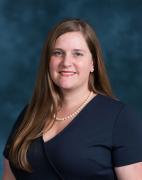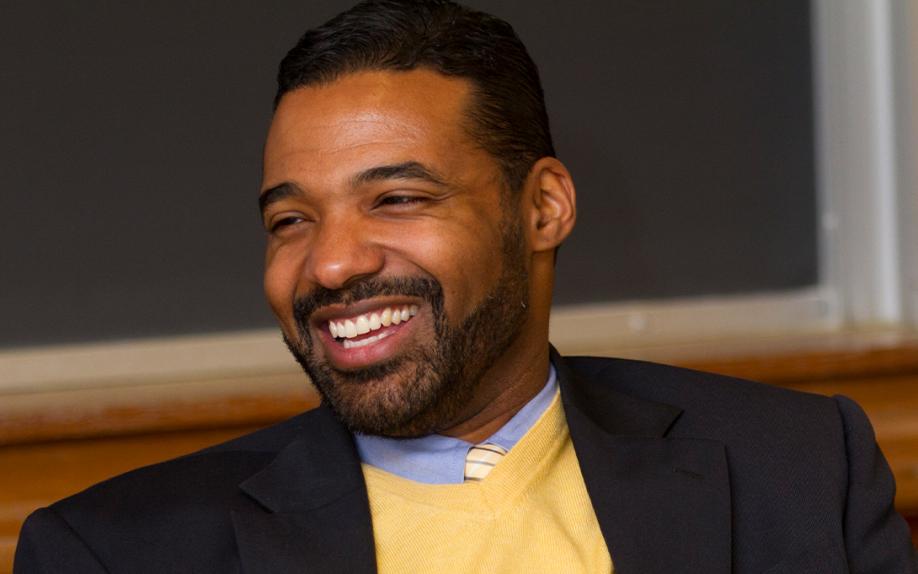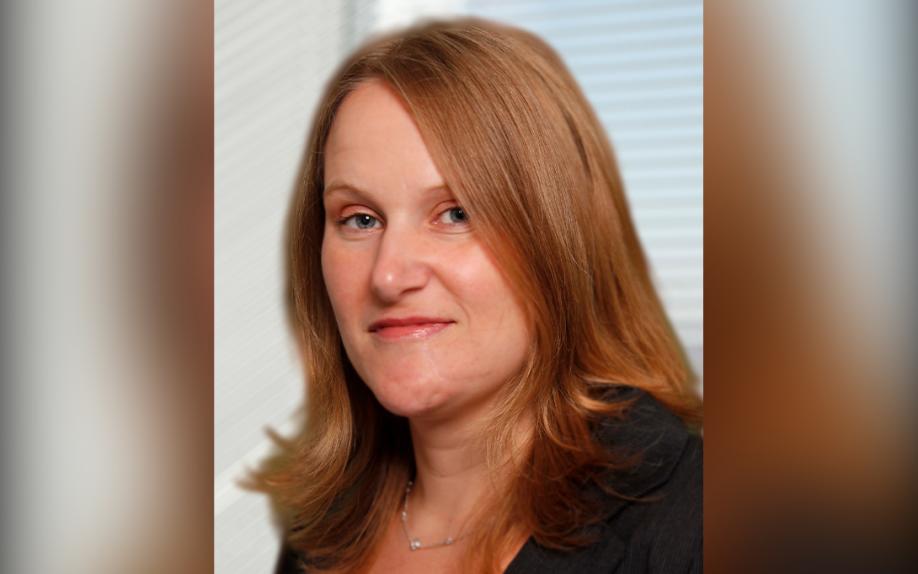
Distinctive program features
The joint doctoral program is distinctive in these ways:
- Generous support: All of our PhD students receive five years of funding, contingent on satisfactory performance. The funding covers tuition, health insurance, and a stipend. Support may be in the form of fellowships, research assistantships, and teaching assistantships. Learn more.
- Disciplinary orientation: Students spend most of their first two years in a department, taking the same sequence of theory and methods courses that are taken by departmental students. In addition, students have a departmental faculty advisor to help them become integrated into the department and to help ensure that they receive a thorough grounding in the theory and methods of the discipline.
- Empirical methods: We expect students in the program to develop sophisticated analytical skills including statistics, economic analysis, benefit-cost analysis, evaluation methods, and qualitative and quantitative approaches to data collection and analysis.
- Research training opportunities: Active engagement in research is a key component of the program, and our students have an array of research opportunities. All students have the opportunity to spend at least a year as a research assistant to a faculty member. In addition, all students attend a biweekly research seminar during their first and second years. Faculty advisors provide careful guidance for the independent research paper that is part of the third year.
- Interdisciplinary policy analysis: A key goal of the program is to facilitate multidisciplinary training and research. We've organized coursework so that early in their studies students are given extensive exposure to different perspectives and approaches and have the opportunity to compare them. Similarly, our faculty, many of whom hold joint appointments, are engaged in multidisciplinary research and can assist students in bringing the ideas of different disciplines to bear in addressing policy issues.
Requirements
Specific requirements and additional information are available by program area:
- Public policy and economics
For more information about graduate offerings in economics, see: http://lsa.umich.edu/econ/doctoral-program/courses.html. - Public policy and political science
For more information about graduate offerings in political science, see: https://lsa.umich.edu/polisci/graduates/program-overview.html. - Public policy and sociology
For more information about graduate offerings in sociology, see: http://lsa.umich.edu/soc/graduates/degree-requirements.html.


